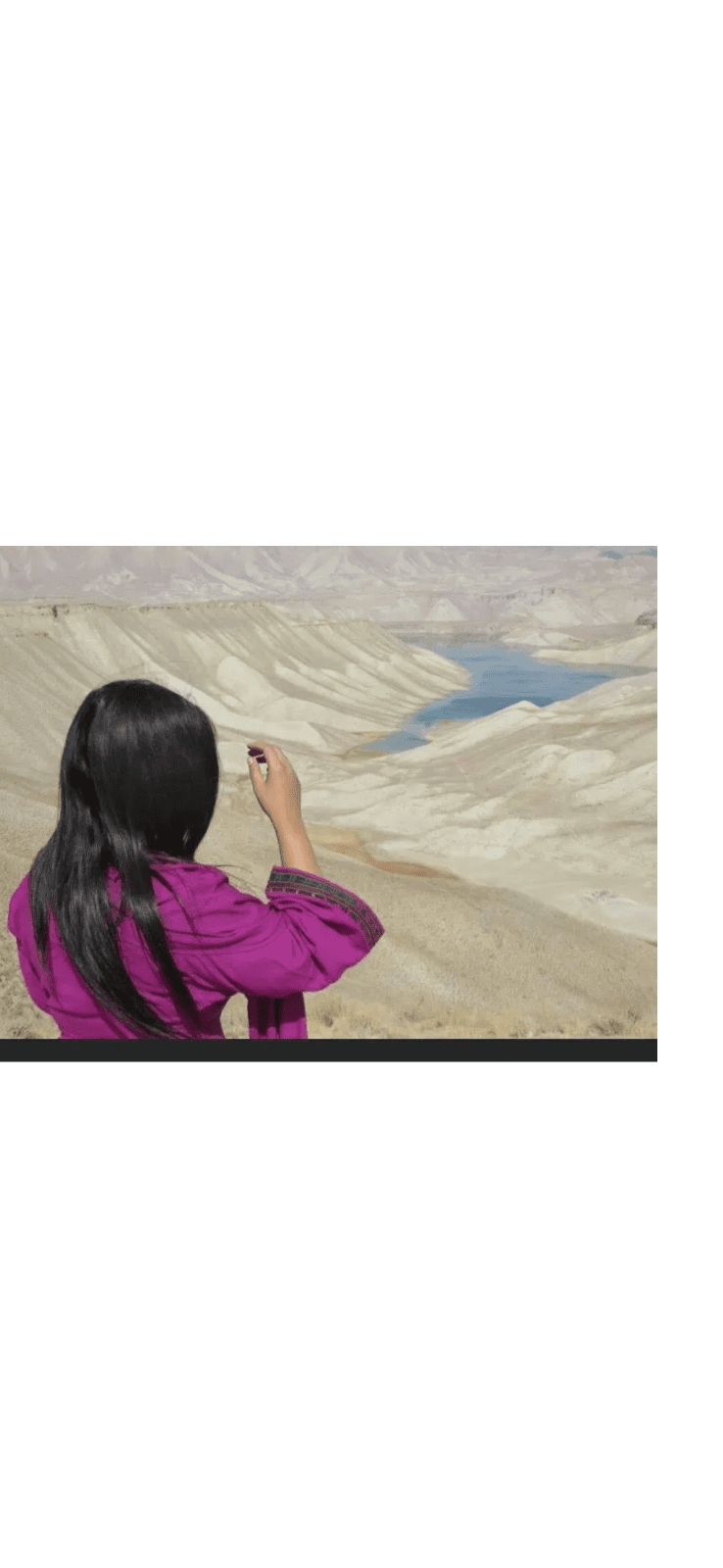
How It All Started
Jonaid Foundation was originally a personal initiative by Dr. Jonaid Sharif, a Professor of English in Paine College, Augusta Georgia, at the time. The primary purpose of this initiative was to support young poets of Pashto in Afghanistan. In this effort, he was assisted by his sister, Dr. Sharifa Sharif, who recruited a group of poets and critics living in Europe as contest judges and consultants. From 2022 until 2024, an annual competition was launched and prizes totaling $3000 were awarded each year.
In 2025, Dr. Jonaid Sharif established Jonaid Foundation, registered as a nonprofit corporation with the State of Georgia and the Internal Revenue Service. The foundation was approved on January 27th, 2025. With the opportunity that this foundation creates for financial and donations, we hope to continue the annual contests and initiate additional activities including stipends for promising research and creative projects.
Organizational Structure
The top decision-making agency for Jonaid Foundation is its Board of Directors, listed below.
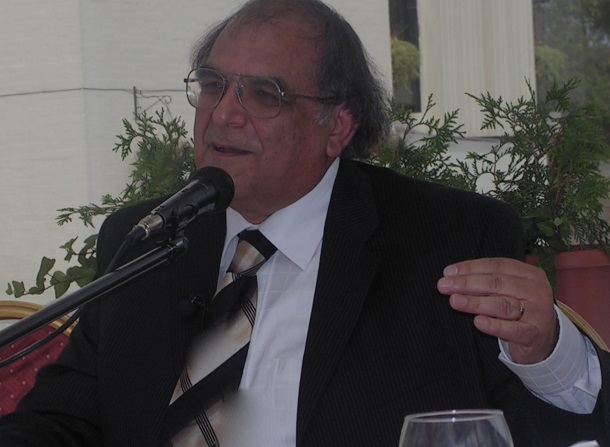
Dr. Jonaid Sharif
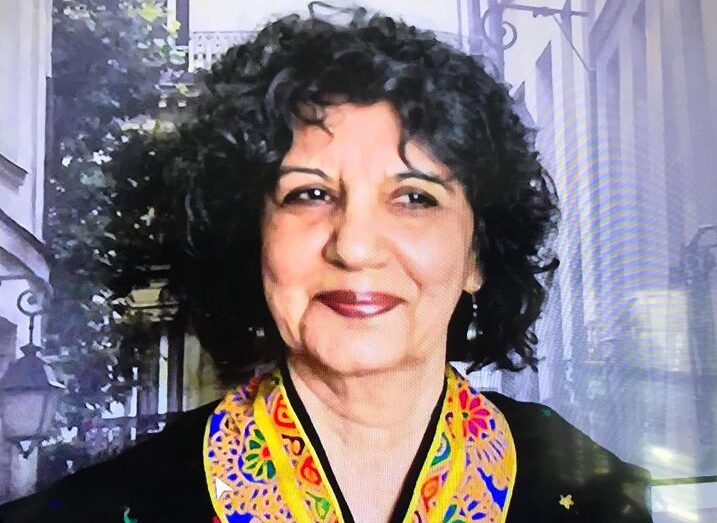
Dr. Sharifa Sharif
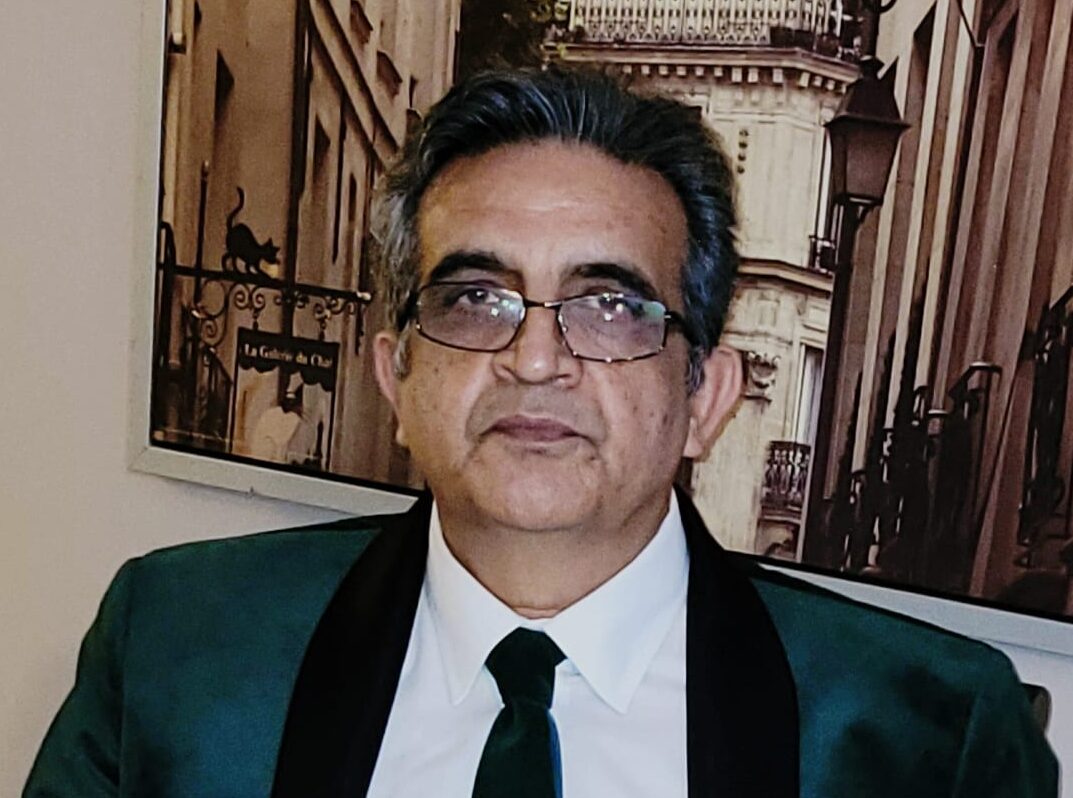
Dr. Ehsan Sharif
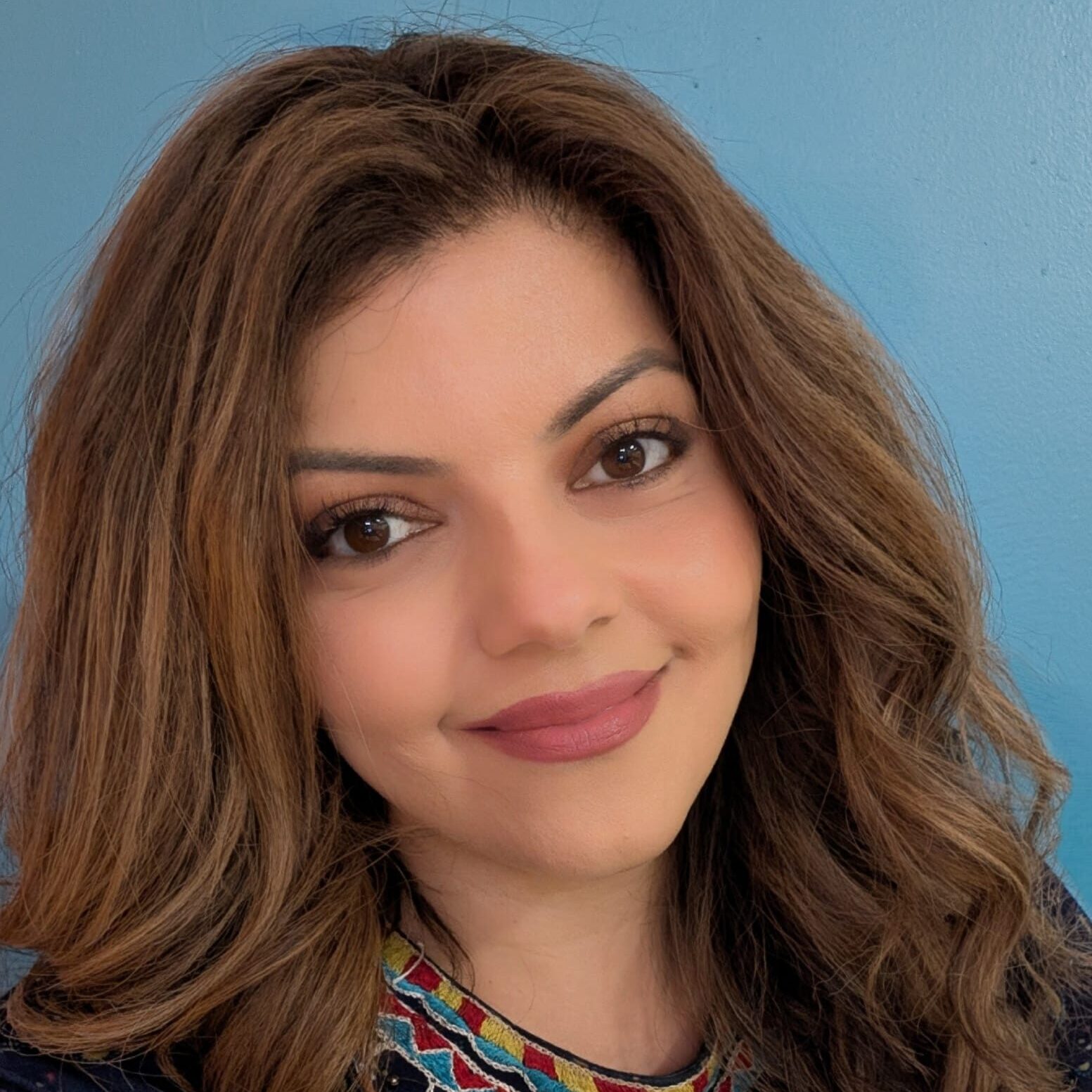
Ms. Mina Sharif
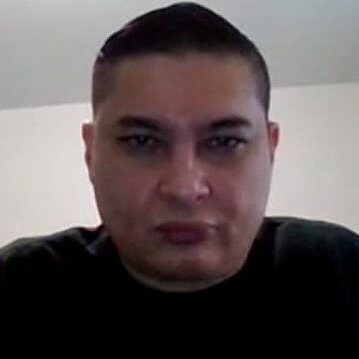
Mr. Atal Sharif
This board meets at least once every quarter and approves proposals presented by the Advisory Board, a group of about 30 scholars and artists who have agreed to serve in this capacity as volunteers. Names of board members are available upon request. They include established literary figures associated with the Islamic Republic of Afghanistan, poets and fiction writers living outside and inside Afghanistan. The board includes several well-known Afghan women writers.
It is expected that the Advisory Board meet several times a year and elect its own president every year. The board submits proposals on behalf of individuals based on merit and relevance. Alternatively, it may choose to submit projects designed by its own members.
A number of individuals work for the foundation as representatives or consultants in technology. The Board of Directors may approve modest compensation for these employees. Among them is a representative in Kabul acting as Liaison between writers in Afghanistan and the foundation.